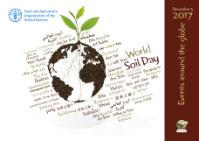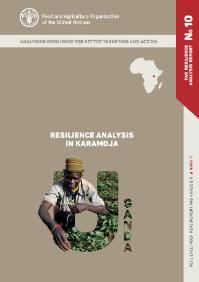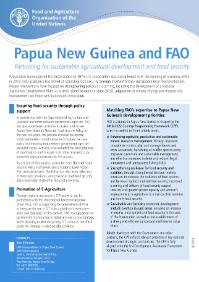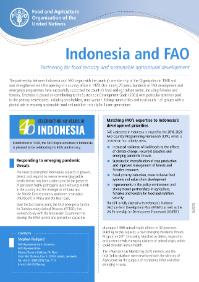Afghanistan and FAO
Afghanistan joined FAO in 1949 and has a long history of technical cooperation with the Organization. Today the
Afghanistan country programme is one of FAO’s largest in the Asia and Pacific region. Ongoing projects in the country coverhousehold food and livelihood security, animal health and transboundary diseases; small-scale integrated dairy schemes,value chain development; soil mapping and national agriculture ecological zoning; and development of research policy andstrategy.









